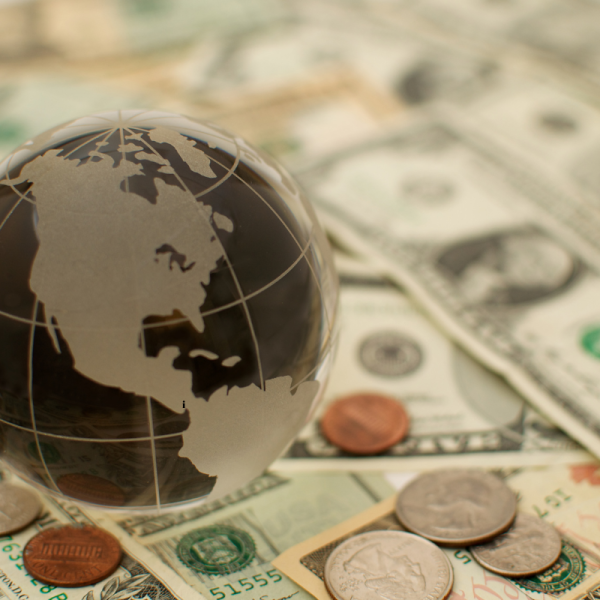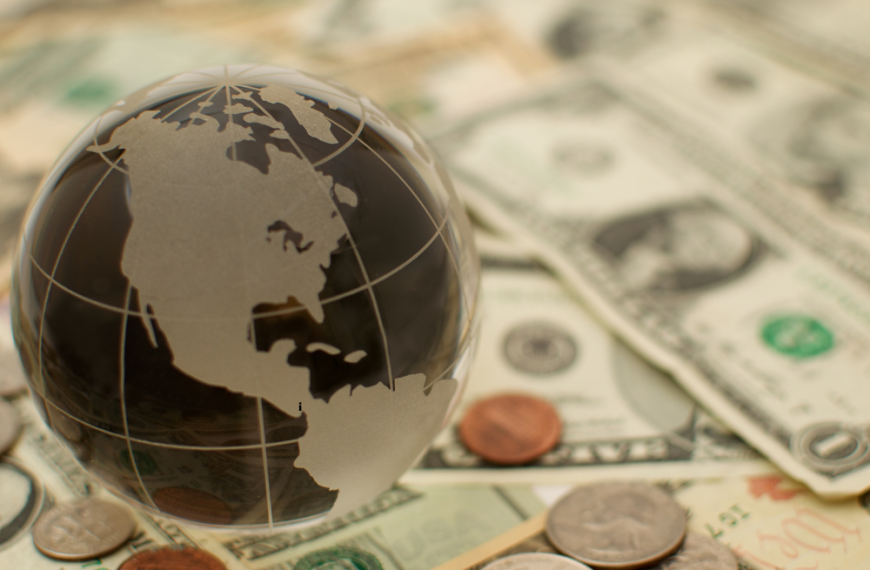Economy
How to Find Purpose at Work
“How to find purpose at work and stop living on automatic” is a question…
How to Start Investing Without Complications
"How to start investing without complications" is a question many people have, because…
How to Develop a Success Mindset in Your Daily Life
“How to Develop a Success Mindset in Your Everyday Life” is something…
How to Survive the Economy Without Going Crazy
“How to survive the economy without going crazy” is a question many people ask themselves…
How to Have a Rich Mindset (Even Without Being a Millionaire)
Having a rich mindset (even if you're not a millionaire) is one of the most important things…
How to take care of your money without complicating it
How to manage your money without complicating it may seem taboo to many people, but…








